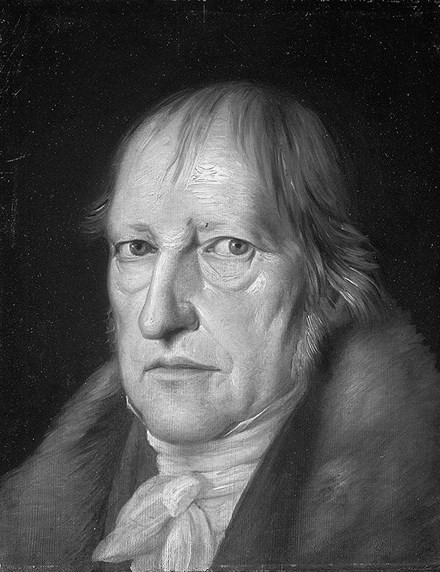
Publication details
Publisher: Springer
Place: Berlin
Year: 1989
Pages: 171-201
Series: Boston Studies in the Philosophy of Science
ISBN (Hardback): 9789401075466
Full citation:
, "Russell's conundrum", in: An intimate relation, Berlin, Springer, 1989


Russell's conundrum
on the relation of Leibniz's monads to the continuum
pp. 171-201
in: James BROWN, Jürgen Mittelstrass (eds), An intimate relation, Berlin, Springer, 1989Abstract
In his influential book on Leibniz (1900), Bertrand Russell often let his new-found anti-Hegelianism come between him and his subject, attacking doctrines held by the likes of Bradley and MacTaggart in the belief that he was attacking one of their main sources. This is particularly true of his chapter on Leibniz's treatment of the continuum, where after rather wildly accusing Leibniz of courting "the essentially Hegelian view that abstraction is falsification",1 he proceeds to the charge that "his whole deduction of Monadism from the difficulties of the continuum, seems to bear a close analogy to a dialectical argument" (110). This is intended as a hostile criticism, as Russell makes clear, explaining that in calling the argument "dialectical" he means that Leibniz infers the reality of monads "from premisses admittedly false, and inconsistent with each other". He charges that Leibniz's argument, "in obtaining many reals, assumes that these are parts of matter — a premiss which it is compelled to deny in order to show that the reals are not material".2
Cited authors
Publication details
Publisher: Springer
Place: Berlin
Year: 1989
Pages: 171-201
Series: Boston Studies in the Philosophy of Science
ISBN (Hardback): 9789401075466
Full citation:
, "Russell's conundrum", in: An intimate relation, Berlin, Springer, 1989


